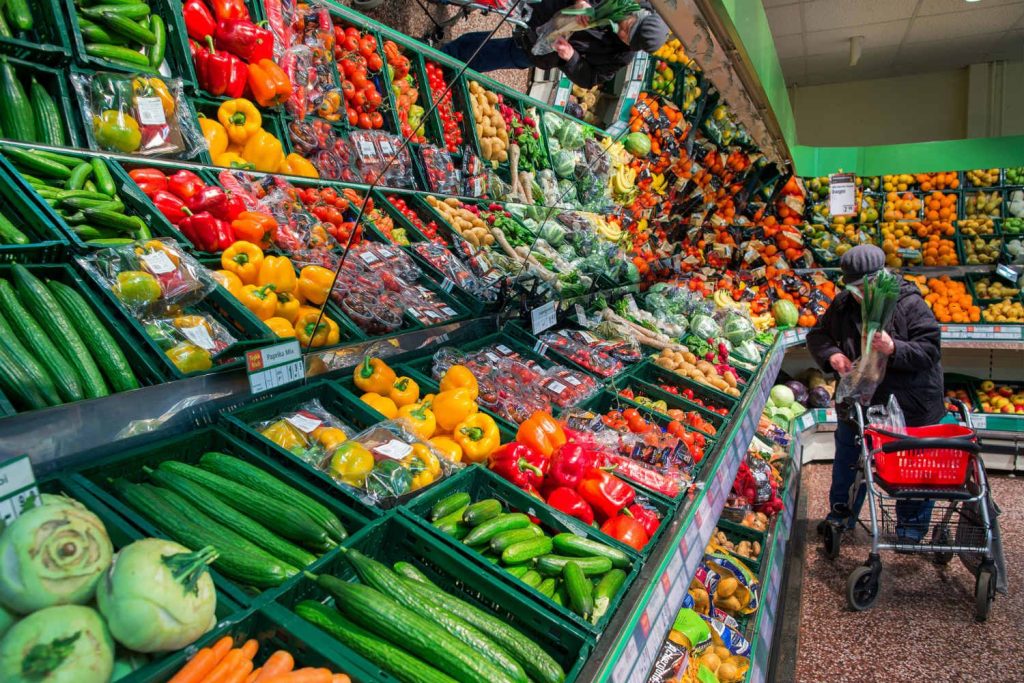Physical Address
304 North Cardinal St.
Dorchester Center, MA 02124
Physical Address
304 North Cardinal St.
Dorchester Center, MA 02124

Germany’s minimum wage in 2025 has increased to €12.82 per hour, making it one of the highest in Europe. But can someone earning this amount truly afford the rising cost of living in Germany’s cities? From rent and groceries to utilities and transportation, we take a realistic look at whether the minimum wage in Germany is enough for a small family to live comfortably. If you’re wondering how far €1,600 net income can stretch each month, this detailed breakdown reveals the facts behind the figures.
🧾 Can a Family of Two Survive on It?
A couple earning the minimum wage in Germany can expect around €1,600 net per person—totalling €3,200 monthly. Realistic expenses include:
That leaves ~€600–1,000 for healthcare, clothing, leisure, and savings—about 20–30% of the net income.
In larger cities like Munich or Frankfurt, rent can easily push total costs beyond €2,500 or more, squeezing the margin significantly
✅ Summary
Living status: Comfortable in smaller cities, tight in metro areas—still above basic survival
Germany’s current gross minimum wage: €12.82/hour ➝ ~€1,600 net/person/month
Couple’s combined net income: ~€3,200
Standard expenses: €2,000–2,500 depending on city, leaving modest room for extras
Future improvements: Slight increases planned in 2026–27, but urban living costs stay high
<iframe width=”100%” height=”400″ src=”https://www.youtube.com/embed/VJk4cdVQq7s” title=”Life on Minimum Wage in Germany” frameborder=”0″ allowfullscreen></iframe>
Living on minimum wage in Germany isn’t just about numbers—it’s a daily reality for many. This short documentary offers a firsthand look at what it’s like to pay rent, buy groceries, and cover monthly bills while earning the bare minimum. From urban struggles to smart budgeting, it gives viewers real insight into what statistics alone can’t show.
Imagine starting your day in a cozy Berlin flat—your share of a two‑person apartment rent sits around €600–800, shared with a roommate or partner. After commuting on a monthly €80 transit pass, you head to the nearby Aldi or Lidl, filling your cart with essentials—milk, bread, seasonal veggies, pasta—costing about €200–250 per month. Utilities and internet add another €200–300, nudging your basic monthly costs to €1,100–1,300.

Germany supermarkets
With a minimum‑wage income of €1,600 net per person, that leaves €300–500 spare. It covers occasional treats: a cinema night for €10, a currywurst from a street stand, or a casual gathering at a neighborhood beer garden. Small pleasures—but necessities for a balanced life. Without them, all you’re left with is survival, not living.
That modest cushion is what makes the difference between something that merely exists and something that feels like home.